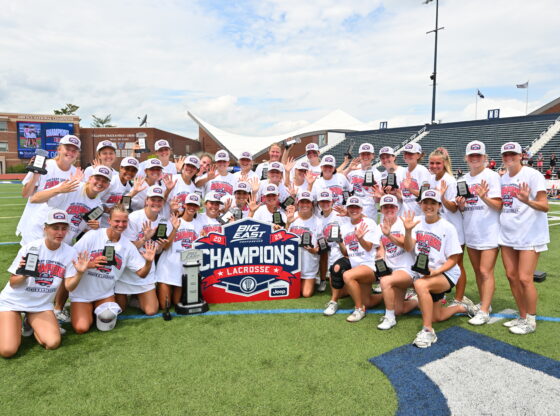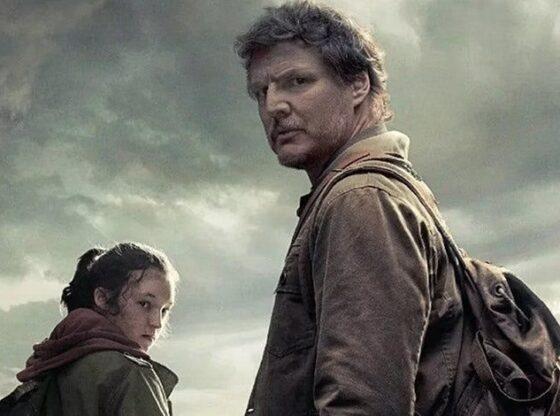Last Friday marked a year since the Free Palestine encampment first made its presence known on the Carnegie Green. In the days since, the genocide in Gaza has only ramped up. While it was healing to spend last Friday with those who risked it all during the encampment’s lifespan, there is a severe sense of hopelessness surrounding the cause that brought us together in the first place.
The genocide in Gaza is in its final stages. Around 290,000 children are “on the brink of death,” according to Gaza’s Government Media Office. The pictures of emaciated toddlers with sunken cheeks — their eyes transfixed by something no child should have to experience, all while their parents watch — have filled me with a type of rage that is hard to describe.
The reason why these children are starving to death is because the Israeli government is actively forcing it to happen, not passively watching. Every time an Israel Defense Forces (IDF) soldier turns an aid truck away at the border, a death sentence is issued.
The severity of the situation has resulted in courageous attempts to smuggle life-saving resources into the occupied territory. I say courageous because attempting to do so could lead to you being killed by the Israeli government, even when they know that you are an unarmed humanitarian worker. This animosity toward humanitarian aid workers and even medics is well documented, as the recent execution of Palestinian first responders shows us. Yet again, these are war crimes.
On top of the manufactured famine, Israeli officials have started the process of seizing the entire Gaza Strip, voicing their intent to dispel over two million Palestinians from their homeland — an egregious violation of international law.
It’s hard to watch all of this and know that as an individual, there is nothing you can do. It is industrial-scale tragedies like this that force you to recognize how small you are. There is no off-switch you can flick, and it’s borderline torture knowing this when seeing pictures like the one below.

I was shown this picture during a presentation by Dr. Mohamed Kuziez, a Denver-area pediatrician who undertook a humanitarian mission in Northern Gaza several months ago. He snapped the photo when a father was singing to his baby fighting a traumatic injury. His child did not make it.
I broke down the first time I saw this. There’s nothing more human than attempting to comfort your child, and understanding that a government took away this father’s ability to do so again is crippling. There is no acceptable reason, no excuse, as to why he shouldn’t be able to watch his child grow up, and we need to stop looking at scenes like this only to come up with an argument to defend the actions of a military.
At the encampment, we were collectively resisting because we all had a hard time dealing with images like these on our own. We understood how small we were when watching videos of parents picking up their headless children out of the rubble. As individuals, we were mortified, enraged, and disgusted at society for letting this happen, but felt powerless and isolated on a daily basis for not seeing every single person screaming about the genocide.
The community we built in front of the library filled these voids. We were able to enter into an environment where everyone was on the same page. Everyone was suffering from the images we witnessed, but we were able to suffer collectively. We were able to hug each other. We were able to cry as one.
More importantly, as a collective, we experienced empowerment. People in positions of power who can impact U.S. foreign policy were scared of us. They feared our moral outrage and the change that could result from it. After experiencing the isolation of watching innocent people die on our phones and laptops, this empowerment was therapeutic. It showed us that collective action truly can work.
The community that the encampment established has lived on. All of my comrades are people I would put down everything for, and they have changed me in ways I am still coming to realize. That being said, the empty green in front of the library is emblematic of a void I fear I will spend the rest of my life trying to fill.
Things have only gotten worse since we packed everything up. ICE is inhumanely rounding people up in daily Gestapo-esque raids. The U.S. military continues to kill innocent people all over the globe while making sure other regimes have the means to do so as well, all while it becomes harder and harder for working-class people to get by here at home.
It is increasingly harder to find spaces where the well-being of everyone is valued and ensured, including on this campus. As the economy tanks and the images on our screens become uglier, isolation and individualism will only reinforce our survival instincts. We will find more enemies than friends, more competitors than allies.
If the encampment taught me anything, it’s that we can’t survive these times without communities like the one we created for those three weeks.
This isn’t me saying that we need another encampment, but rather, we need to take the concept of communal living and horizontal leadership structures very seriously. Its therapeutic elements in the face of tragedy are undeniable, and I deeply hope that many more young people have the opportunity to experience what my comrades and I did.
So, in light of our encampment’s one-year anniversary, free Palestine and all the oppressed people of this world. Build communities wherever and however you can so that we can resist and heal as one.










